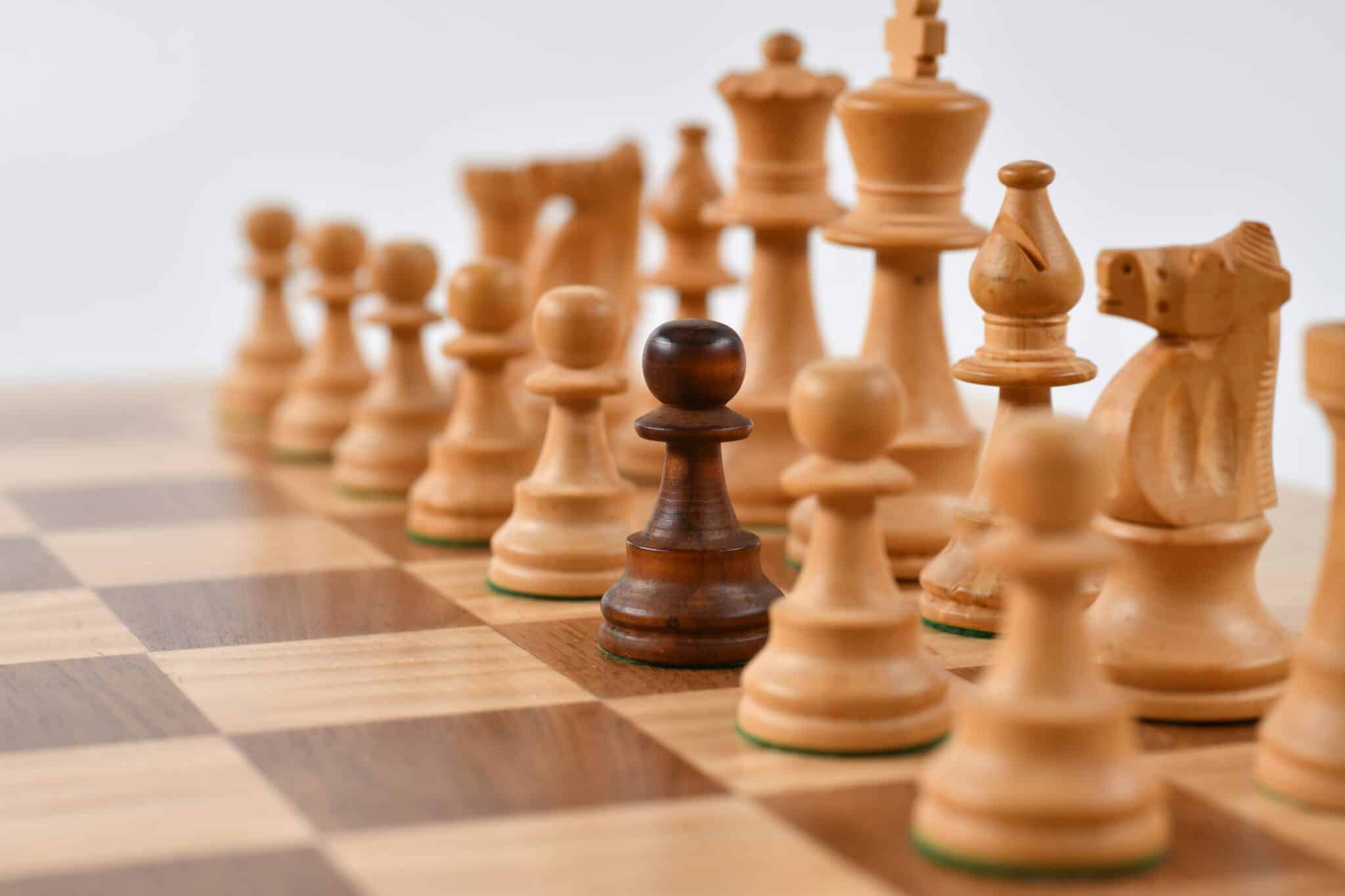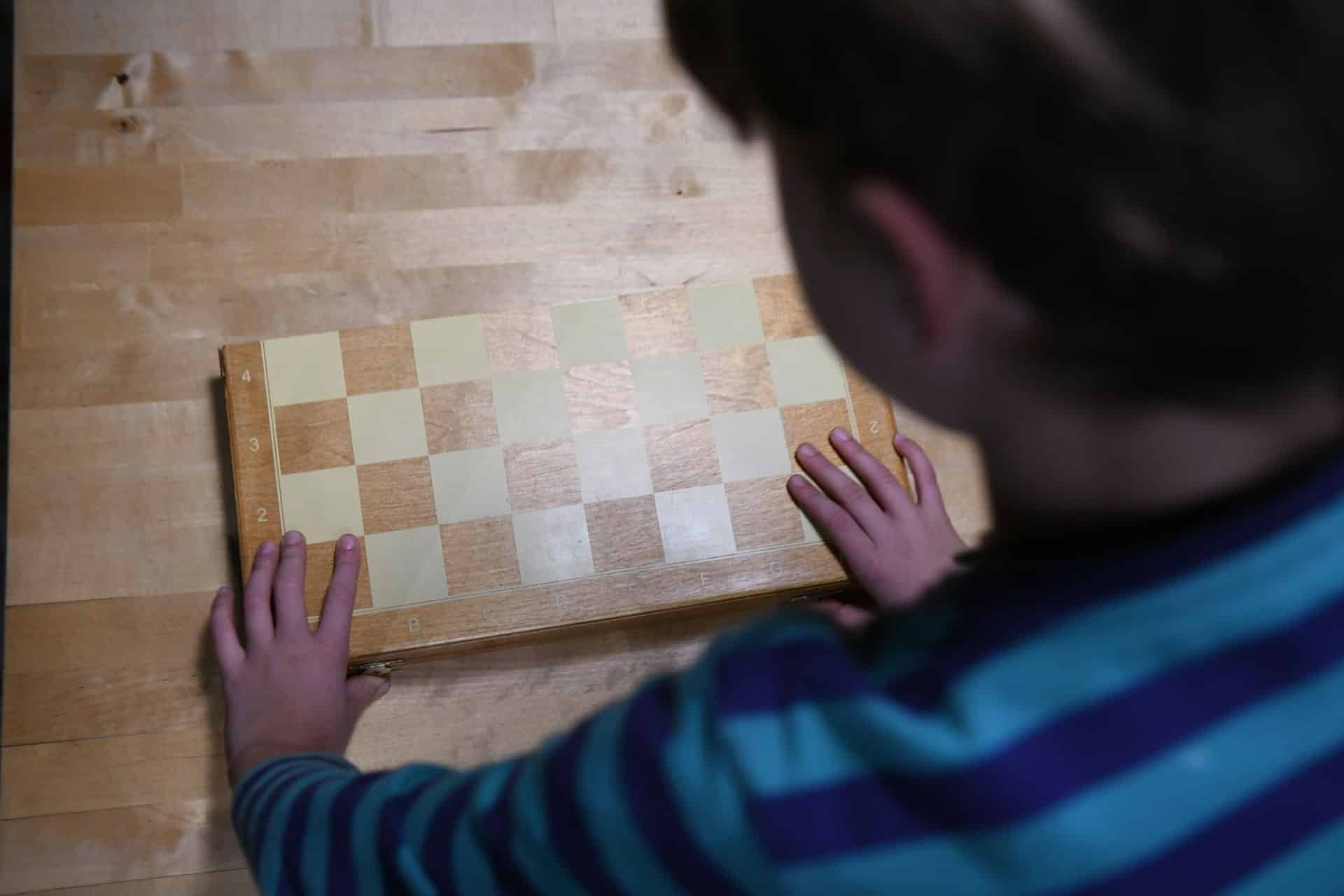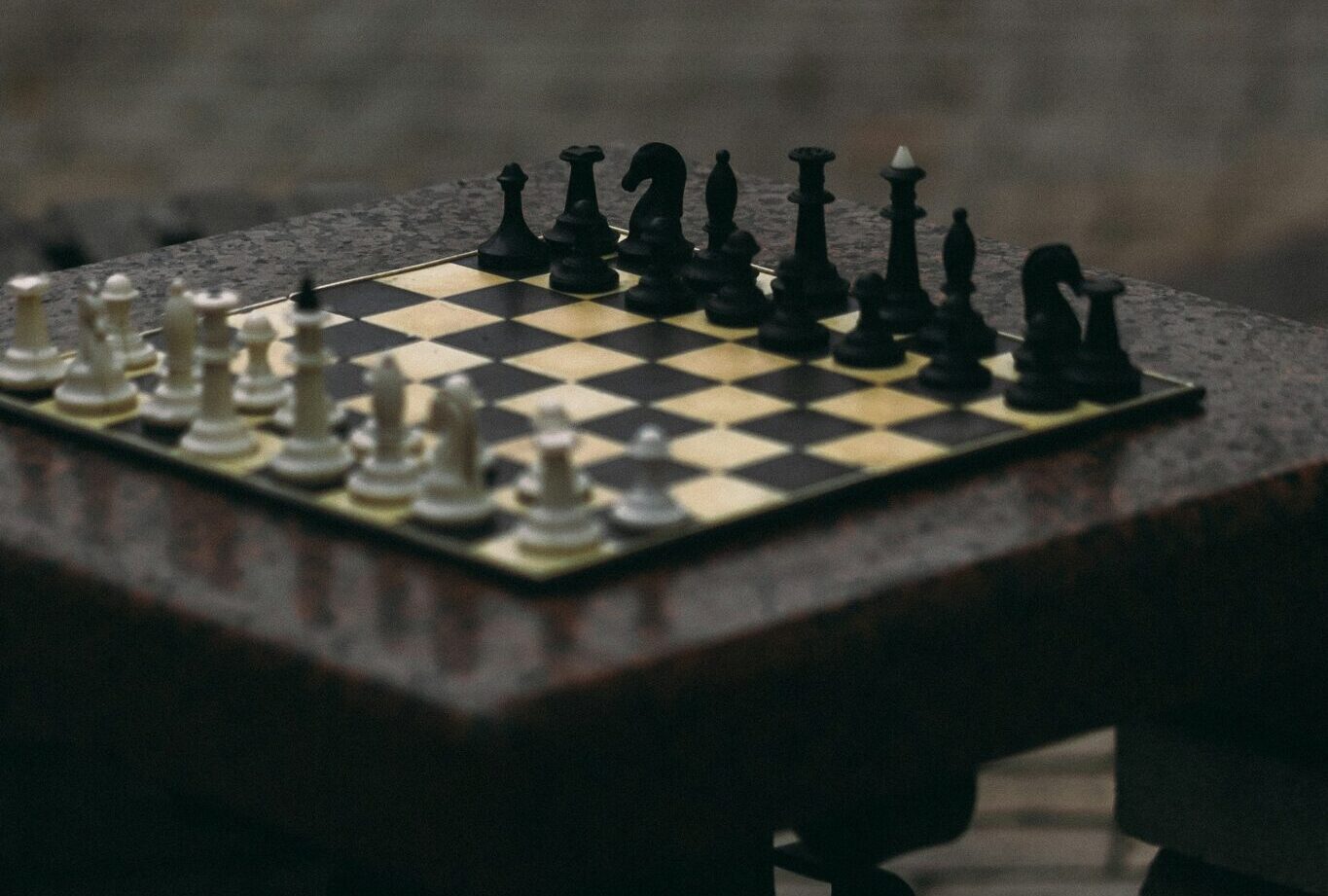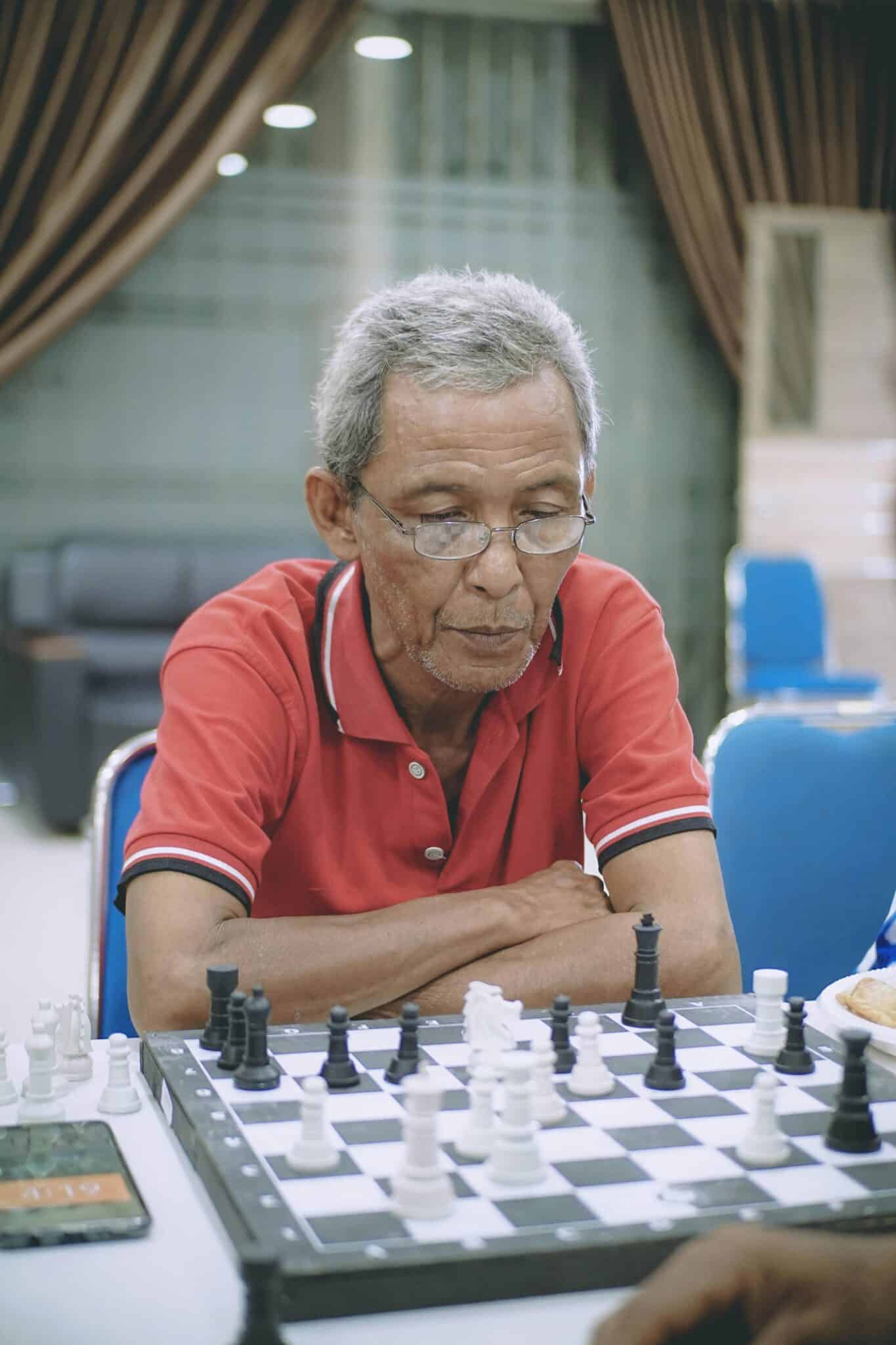Chess skills are not the same as chess concepts of principles. Chess skills involve practical abilities to resolve different problems. Theory won’t always save you, as the practice is the one that has more influence over the board.
Today you will learn the 5 most important chess skills (or skills that are not specifically for chess but can also help you).
As you may know, chess is a science game, and it is also sports and art at the same time. That’s why it involves many different areas, and by improving each of them, you can improve your overall chess.
Table of Contents
Chess skill 1: visualization
Chess visualization is the ability players have to imagine the positions of the board in their minds. They can imagine positions with no need to look at the actual board.
This is an ability all chess masters dominate, and the reason for that is that is useful for one thing: Calculation. The calculation is probably the most important factor in chess, nor principles or tactics work without calculation.
That’s why masters spend extra time improving their visualization skills, so they can calculate more smoothly. Playing blindfold chess or solving advanced tactical problems is a great way to train your visualization.
Have you seen chess grandmasters playing chess in real life? Or even through a YouTube video have you seen Magnus Carlsen?
If you have, you have seen when they close their eyes in front of the board or look at the sky, because they are calculating! Make sure you train this one, and you will see, that you will improve a lot in no time.
Chess skill 2: Prophylaxis
This is the brethren skill of chess calculation/visualization, prophylaxis. Prophylaxis is when you get ahead of your opponent, and see which moves they can play against you.
However, prophylaxis goes far beyond only calculating what your opponent will do to a forced variation. Prophylaxis means that you see the board as if you were your opponent.
That way you can spot possible plans, and possible intentions, and you can kind of predict what your opponent will do.
That’s why you see in master games, one common strategy is to stop all your opponent’s plans. When you cut off the options to your rival, it becomes really easy to predict his moves.
That way, you will be one step ahead during the rest of the game! A specialist in this area would be IM Mark Dvoretsky, and his pupils, like GM Arthur Yusupov.
They would always block their opponents all the possible plans he had, so he would simply find no move! Make sure you train your prophylaxis skills, one excellent way to do this is by playing games against yourself!
Chess skill 3: Time administration
Time administration is a skill that even great masters at the top level need to improve. It seems so obvious, but at the same time is a bit complicated to administer time correctly.
To know how to administer your time in chess, you have to be good at determining what the critical positions are. Also, this is very related to opening preparation, and understanding your playstyle.
Of course, the techniques to administer time are different in different time controls. The most difficult one is the blitz, where players have to move fast, and time advantage is a huge factor, especially with no increment.
Here is some advice, when you are forced to play a unique move play it, with no hesitation. If it is forced, then, it doesn’t matter if you think it or not, it simply is the only move.
Also, in classical time controls, one common strategy is to waste a couple of moves to reach move 40. This is the time control, which means you are given more time, than you start to think.
Chess skills 4: Intuition
Intuition is one of the most important factors in chess, especially in fast time controls. The intuition is that sense chess players develop to imagine what the good moves are. However, you have to be careful, not everything that shines is gold in chess, sometimes you can get tricked.
Magnus Carlsen said that he always followed his intuition, and every time he stopped thinking was only to check.
If you want to develop that sense to know what the good moves are, there is only one way around it. puzzles, puzzles, and more puzzles are the only way to go.
This skill is formed by patterns in your head, that get stored there by experience. The more you play, the better your intuition will get, as simple as that.
Remember, intuition can give you a hint of what moves are worth calculating but is not all of it. Intuition without calculation will only lead you to a disaster, keep that in mind.
Chess skills 5:Understanding playstyles
Playstyle is defined by the preferences of the chess players to play certain positions or not. Chess grandmasters learn how to adapt to any playstyle, however, they always use this factor against each other.
This is why you see Magnus Carlsen plays in a certain way against Nakamura, and maybe plays a lot different against Kramnik. The reason for this is that the player is trying to exploit the other’s weakness, trying to play the most annoying moves on the rival.
Preferences are weaknesses, basically, if my opponent likes black, I will give him white! That way it will be unpleasant, and therefore more difficult to play for him. So, knowing your rival is a great advantage, as you can prepare against him.
However, this is a doubled edged sword, as other players will also try to know you to exploit your weaknesses.
You may also like:
What is the best chess game ever?






